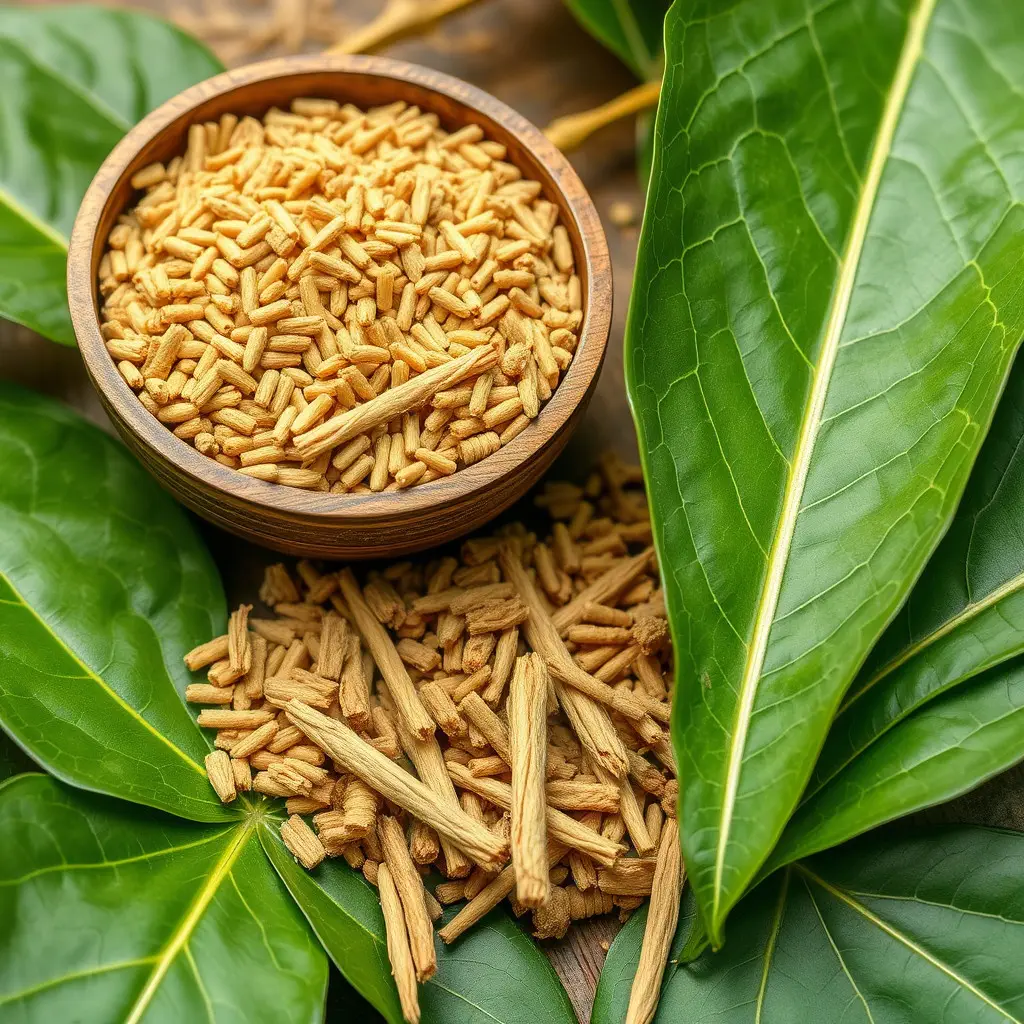Kratom, a natural herb from Mitragyna speciosa, is gaining popularity among athletes for its potential to enhance recovery. It reduces muscle soreness, improves sleep quality and boosts energy, making it a holistic approach to post-workout recovery. While there's limited research on kratom causing hair loss, some users report thinning hair, especially with high doses or combined with other substances. However, maintaining diet and hydration is key for overall health. Incorporating kratom coaching can help athletes improve recovery and maintain peak performance without compromising health concerns related to hair loss.
Are you an athlete seeking ways to optimize recovery and enhance performance? Kratom coaching offers a holistic approach. This article explores kratom, its potential benefits for athletic recovery, and how a personalized strategy with a kratom coach can improve performance and well-being. We also address concerns about kratom and hair loss, providing insights based on science. Discover the game-changing potential of kratom in your athletic journey.
- Understanding Kratom and Its Potential Benefits for Athletes
- – An overview of kratom: its origins, chemical composition, and common uses.
- – Exploring kratom's potential role in athletic recovery: reducing muscle soreness, improving sleep, and enhancing overall well-being.
Understanding Kratom and Its Potential Benefits for Athletes
Kratom, a natural herb derived from the plant Mitragyna speciosa, has gained attention in athletic circles for its potential to optimize recovery. While often used for pain management and relaxation, kratom’s effects on physical rehabilitation are gaining recognition among athletes and fitness enthusiasts. This ancient herb offers a range of benefits that can aid in post-workout recovery, including reduced muscle soreness and improved sleep quality, which are crucial aspects of an athlete’s routine.
Contrary to some concerns, does kratom cause hair loss is not a widely supported claim. In fact, many users report increased energy levels and enhanced mental clarity after consumption, suggesting its potential as a valuable tool for athletes looking to optimize their recovery process without relying solely on conventional methods. By incorporating kratom coaching into their regimen, athletes can explore a holistic approach to post-workout restoration, potentially improving overall performance and well-being.
– An overview of kratom: its origins, chemical composition, and common uses.
– Exploring kratom's potential role in athletic recovery: reducing muscle soreness, improving sleep, and enhancing overall well-being.
Kratom has emerged as a potential natural solution for athletes seeking to optimize their recovery. Its active compounds offer several benefits that can aid in athletic recovery: reducing muscle soreness and inflammation, promoting better sleep quality, and enhancing overall well-being. Studies suggest that kratom’s analgesic properties can help alleviate post-workout aches and pains, enabling faster recovery times. Additionally, its calmative effects may improve rest and repair, crucial for athletes to maintain peak performance.
Contrary to some concerns, research does not strongly indicate that kratom causes hair loss. However, maintaining a balanced diet and adequate hydration alongside kratom use is essential to support overall health and well-being. By incorporating kratom coaching into their routine, athletes can potentially experience improved recovery without compromising their health, allowing them to train harder and perform at their best.
While kratom has shown potential benefits for athletic recovery, like reduced muscle soreness and improved sleep, it’s crucial to approach its use mindfully. As with any supplement, individual responses vary, and there are still questions about long-term effects. Remember that optimal recovery involves a holistic approach, including proper nutrition, hydration, and rest. While some athletes report kratom’s positive impact, others may experience side effects, such as sleep disturbances or, rarely, potential hair loss. Further research is needed to fully understand its effects. Always consult with a healthcare professional before incorporating kratom into your recovery routine.






